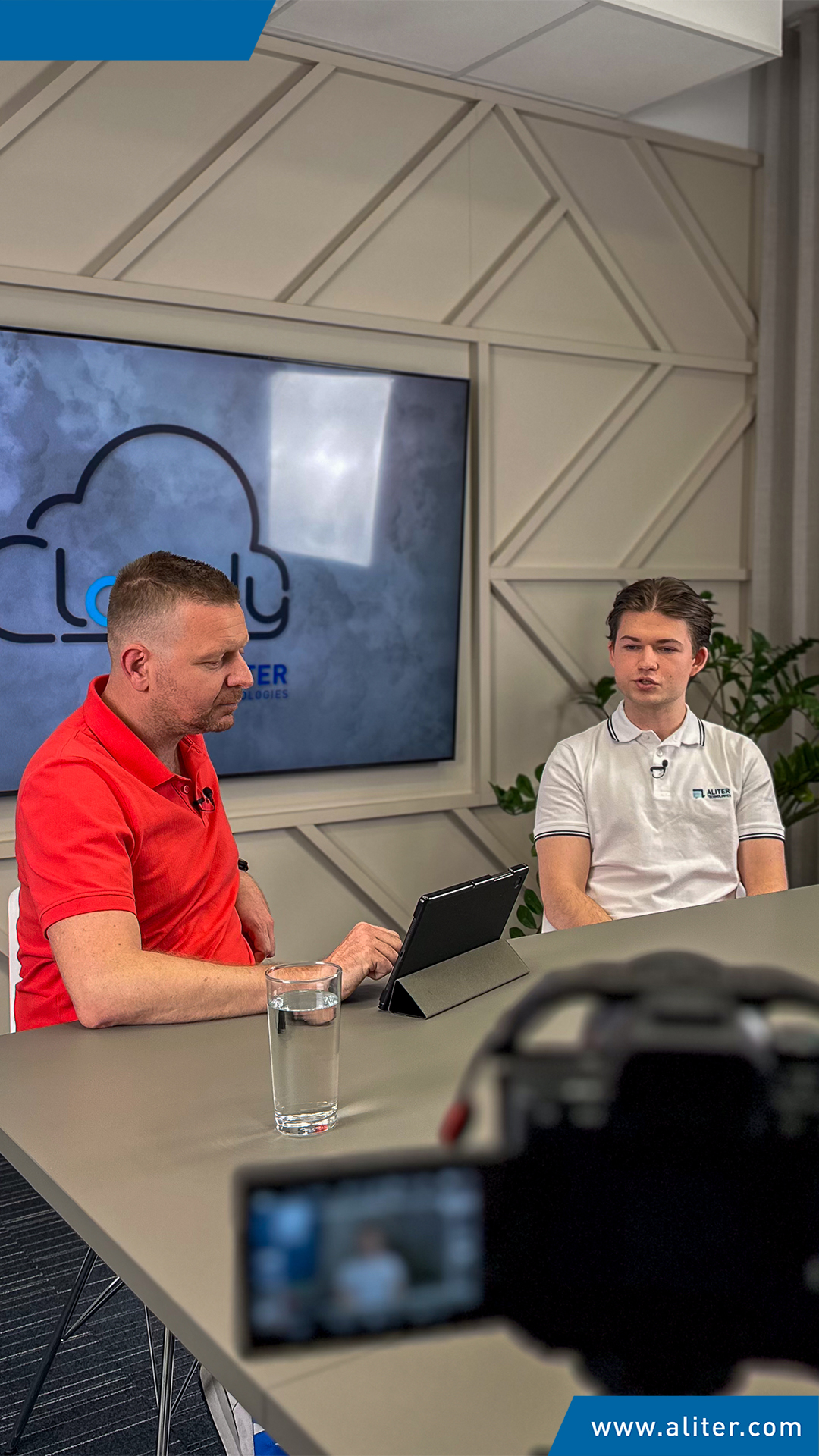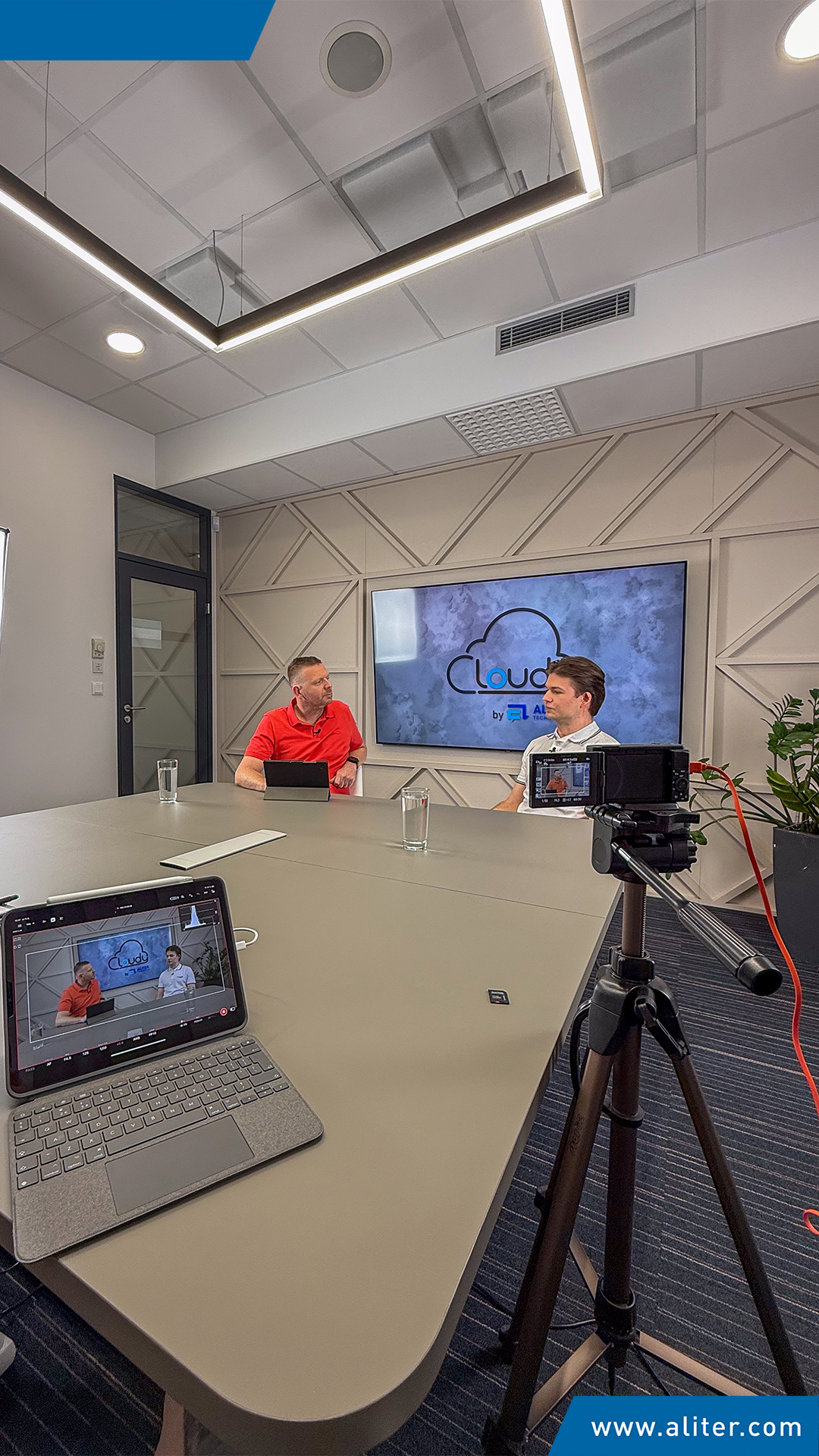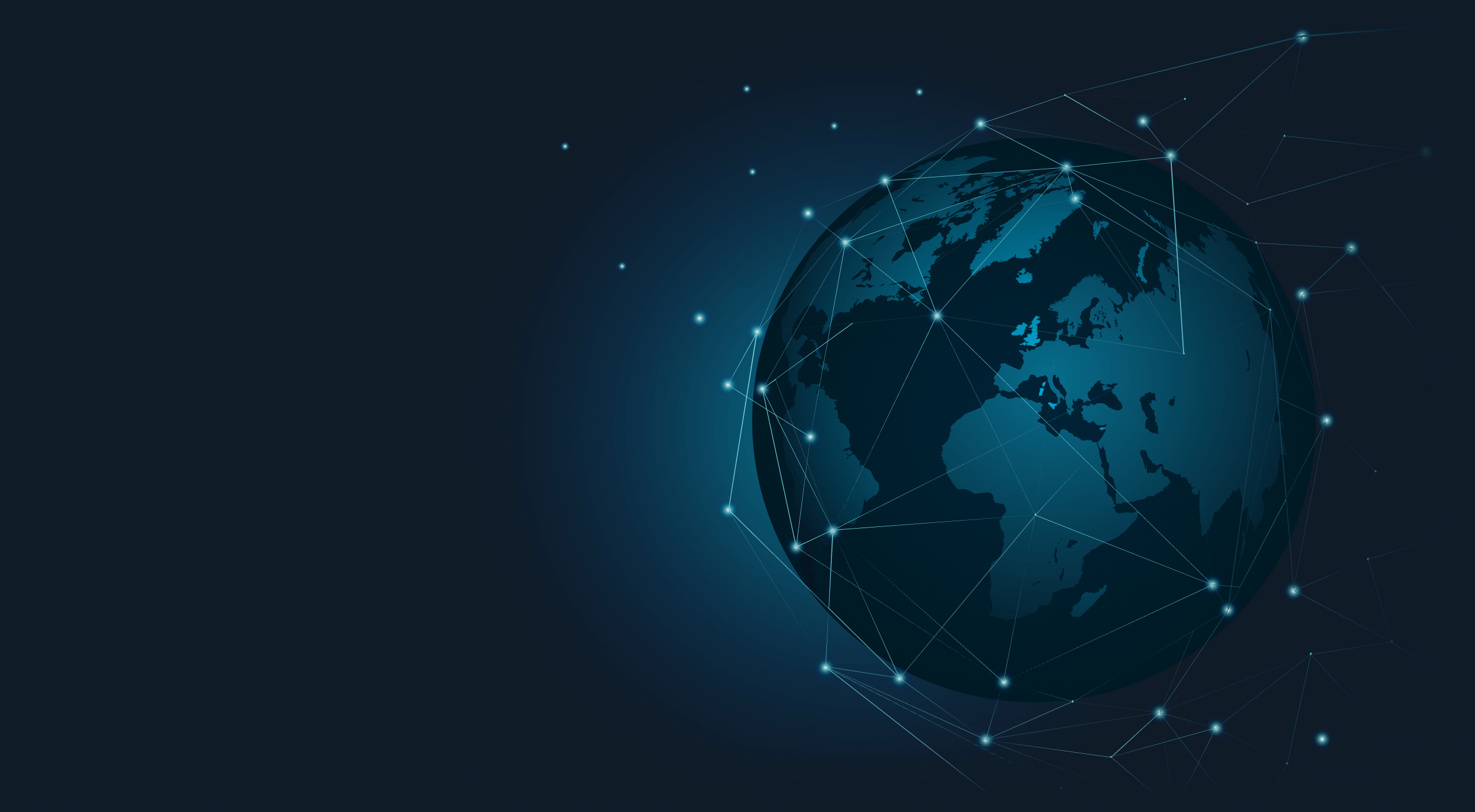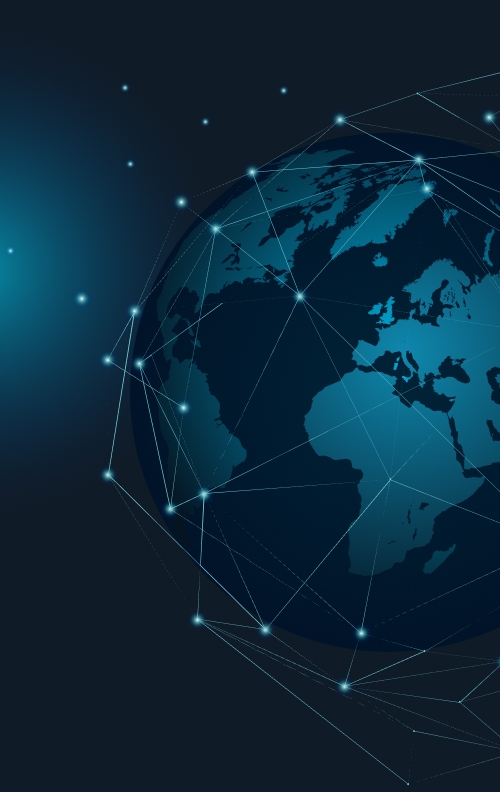CLOUDY podcast | #19 Who are AI agents - and what can they do without humans?
- News
Who or what is this AI agent?
Under the term AI agent, we can imagine a system that can autonomously solve tasks that we assign to it. It differs from a chatbot in that it can use tools independently. So we basically provide it with tools that it can choose from and use them.
How does an AI agent work?
In the first step, we ask it a question. It has tools that it can use and it decides which one to use. It will get to the point where it says that the task is done and ends the process.
Does an AI agent also learn? Does this mean that it needs to be gradually assigned tasks and trained?
That depends on the type of model. The core is still a large language model, and the agent is essentially a language model wrapped in the tools and the environment in which it is located.
Can the agent work independently or does it need human supervision?
There are different types. For simpler tasks like customer support, it would be appropriate to use a simpler agent and there is no need to control individual outputs as much because there is not as much risk as in cybersecurity, for example.
At the beginning, we can define clear rules for the agent and based on those rules, it can determine what it can and cannot do.
So as soon as the agent tries to do something that causes a threat, it will automatically terminate.
Is an AI agent a threat or a help?
An AI agent can be both a threat and a help. It depends on the area of use. So we have basic AI agents that solve, for example, customer support, but we also have AI agents that serve us to search for threats, for example, in the network, but they can also serve us to create threats, for example, in cybersecurity.
Can an AI agent be a replacement for human activity or for human workers?
No, we haven't gotten to that yet, but many companies are trying to do it. An agent nowadays can autonomously solve tasks that regular employees do, but it's more about administrative matters.
It can't buy for us yet, it can't do complex analyses that would require a lot of verification, but it can summarize things for us, for example, and so it's like a good helper.

Where can't an AI agent be used at all and where is it a perfect helper?
Where an AI agent should definitely not be used is in an area where there is a lot of risk or there are a lot of regulations and therefore it shouldn't be involved there at all, it shouldn't solve such tasks autonomously at all.
An area where it would be perfect is definitely programming, because it can autonomously edit files for us and generate code and look for errors in programs or, let's say, from another perspective, plan trips. Here it can use web browsing and can plan a nice trip for us.
What is the difference between an AI agent and ordinary software?
Classic software has fixed rules and fixed conditions: I have such a task - I will do exactly this.
If a situation arises where it receives a task that is not clearly defined, it does not know what to do. And here comes the AI agent. It can find the missing information using the tools provided and can work with unstructured data. So the task does not have to be defined exactly to the point.
What does it mean that an agent is autonomous?
That is, it can solve the task independently. It can solve the situation instead of people, it can also correct its mistakes.
A classic example is programming. Where it generates code and when it detects an error, it can correct it and learn from them.

Can it also recognize that it needs human help?
Yes, the basis is to have fixed rules for the agent. Of course, an agent can make mistakes. That is, risks must be secured by some fixed rules. If it starts to solve something it shouldn't, it will be terminated or a user will be asked.
AI agents and AI in general are already part of our everyday lives. Where will it go from here?
So now we have a phase where these AI agents are integrated into various activities and in more and more companies. These AI agents will be improved over time and there will also be new tools that they will be able to use.
You can listen to the entire podcast on Spotify, Apple podcastoch or watch it on YouTube.


